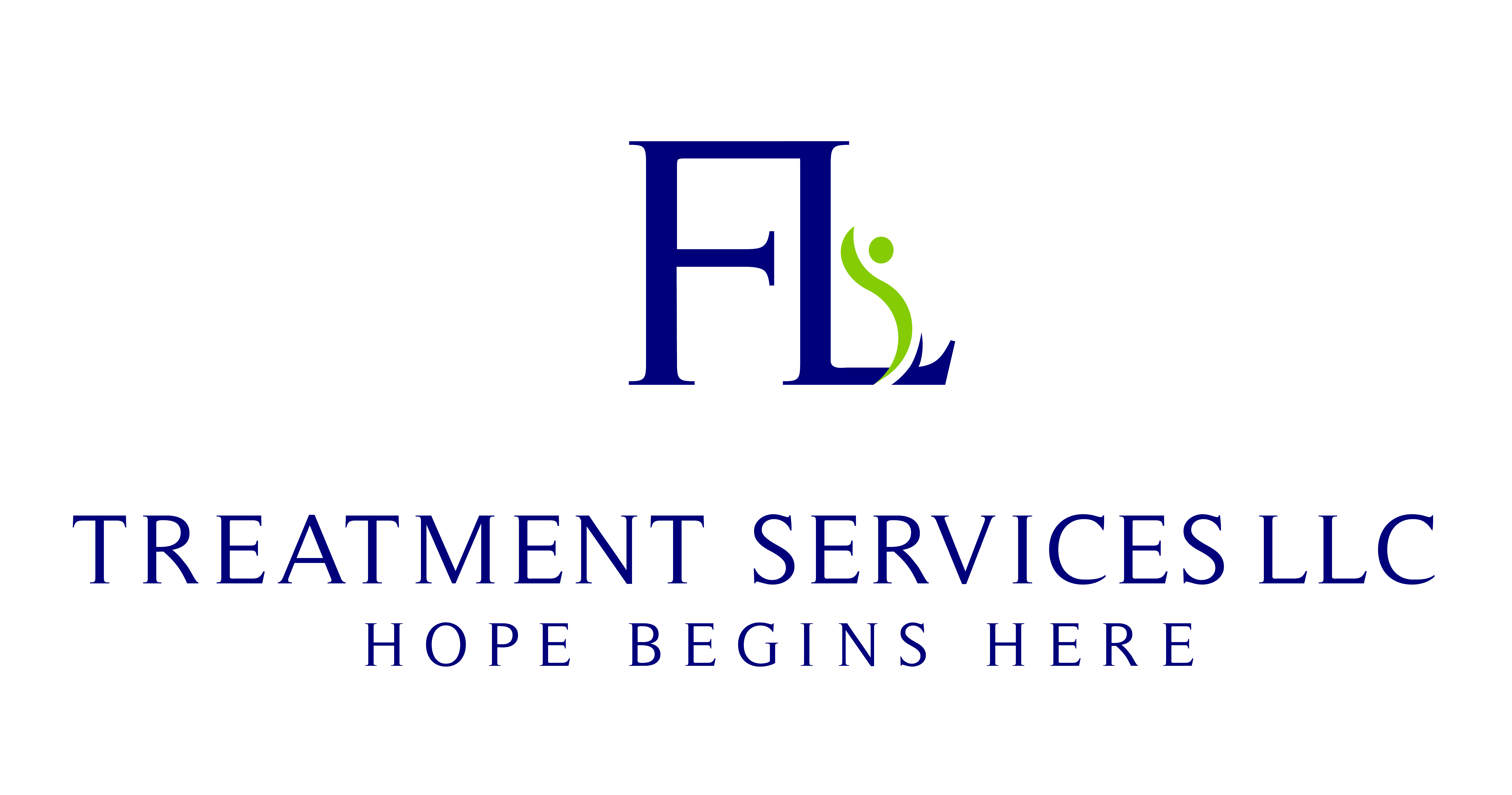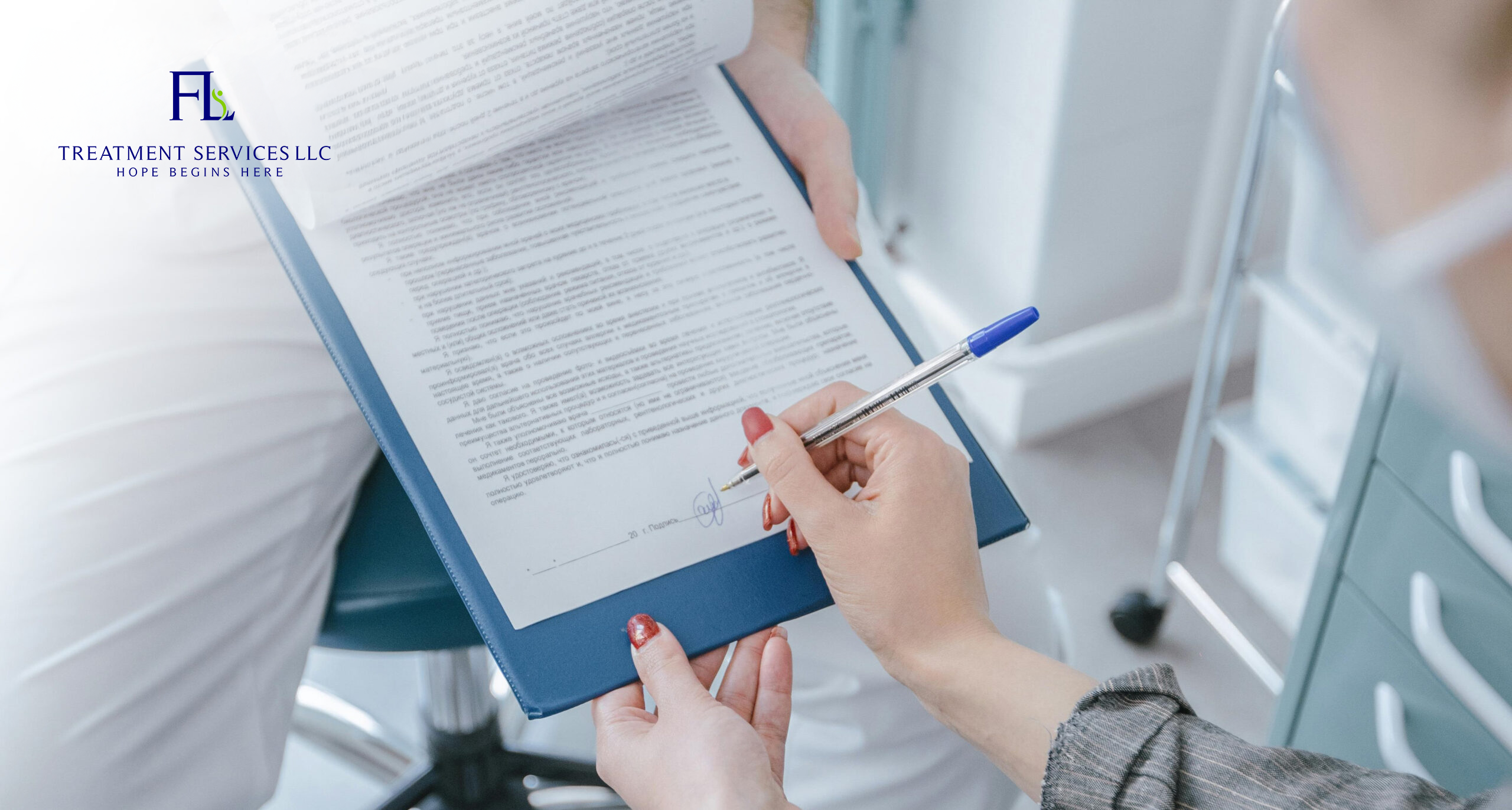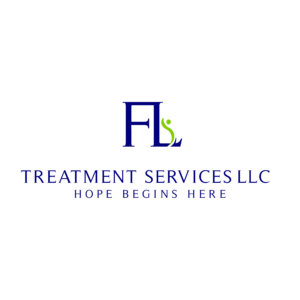Opioid addiction is a serious public health problem that affects millions in the United States. It can be characterized by the compulsive use of opioids despite the negative consequences. It can have a devastating impact on an individual’s health, relationships, and overall well-being, which is why numerous centers for opiate addiction treatment in Florida have come up in recent years.
One of the best ways to treat opioid addiction is through a combination of medication and behavioral therapy. Medications such as methadone and buprenorphine can help to reduce cravings and withdrawal symptoms, making it easier for individuals to stop using opioids. Behavioral therapies, such as Cognitive Behavioral Therapy (CBT) and contingency management, can also be effective in helping individuals to change their behaviors and develop new coping skills.
Methadone Treatment Programs
Methadone is a synthetic opioid used in medication programs for opiate addiction treatment in Florida. It works by binding to the same receptors in the brain as other opioids, but it does not produce the same euphoric effects. Instead, it can help to reduce cravings and withdrawal symptoms, making it easier for individuals to stop using opioids. Methadone is typically administered in a clinical setting and is usually only prescribed to individuals who have not been able to achieve remission with other treatments.
Buprenorphine Treatment Programs
Buprenorphine is another medication that is used to treat opioid addiction. Like methadone, it is a synthetic opioid that binds to the same receptors in the brain as other opioids. However, it has a lower potential for abuse and dependence. Buprenorphine can be prescribed by a qualified physician and taken at home, making it more accessible to individuals looking for opiate addiction treatment in Florida.
Cognitive Behavioral Therapy (CBT)
Behavioral therapies are also an essential component of opiate addiction treatment in Florida. CBT is a form of behavioral therapy that focuses on helping individuals change how they think and feel about their addiction. Healthcare professionals can use it to help individuals identify and challenge negative thoughts and beliefs that may be maintaining their addiction. Contingency management is another form of behavioral therapy that uses rewards to encourage positive behaviors. It can be used to motivate individuals to stay in treatment, take their medication as prescribed, and avoid using opioids.
Medication Assisted Treatment (MAT)
One of the most effective forms of treatment for opioid addiction is Medication-Assisted Treatment (MAT). MAT is the use of FDA-approved medications, such as methadone or buprenorphine in combination with counseling and behavioral therapies. This approach can be more effective than medications or behavioral therapies alone, as it addresses the physical and psychological aspects of opioid addiction.
The Two Major Types of Treatment Settings.
Major centers for opiate addiction treatment in Florida offer two types of treatment settings for individuals suffering from Opiate Use Disorder (OUD).
-
Residential Treatment Setting.
Another type of treatment for opioid addiction is Residential Treatment. This type of treatment provides individuals with a safe and structured environment where they can focus on their recovery. Residential treatment programs typically include counseling, group therapy, and other therapeutic activities. These programs can be a good option for individuals who need a higher level of care or who have not been successful with other forms of treatment.
-
Inpatient Treatment Setting.
Inpatient treatment programs are similar to residential treatment programs but are usually more intensive and require individuals to stay in a hospital setting. These programs typically include detoxification, medication management, and therapy. Inpatient treatment can be a good option for individuals with a severe addiction or who have not been successful with other forms of treatment.
Support Groups are Just as Important to Recovery
Support groups like Narcotics Anonymous (NA) or SMART Recovery can be an essential part of an opioid addiction treatment plan. These groups provide individuals with a supportive and non-judgmental environment where they can share their experiences, receive encouragement, and learn from others who are also in recovery. Support groups can be a valuable resource for individuals looking for additional support and accountability as they navigate their recovery journey.
Opioid addiction is a major public health problem that requires comprehensive and individualized treatment. Medication-assisted treatment, which combines the use of FDA-approved medications with counseling and behavioral therapies, is considered one of the most effective forms of treatment for opioid addiction. Other forms of treatment, such as residential and inpatient treatment programs, can also be effective depending on the individual’s needs and circumstances. It is essential for individuals looking for opiate addiction treatment in Florida to work with a qualified healthcare professional to develop an individualized treatment plan tailored to their specific needs.




